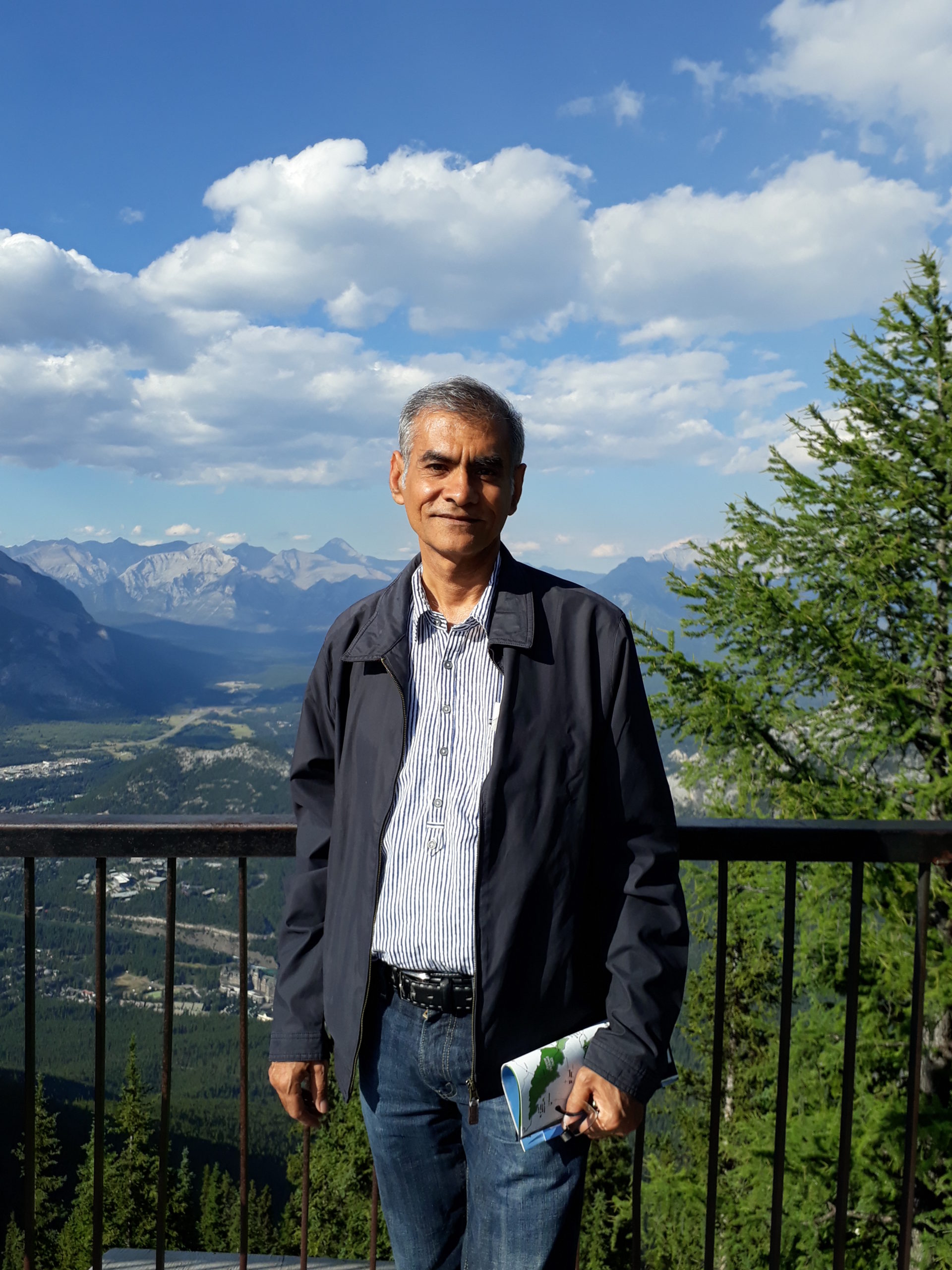My name is Shakti and I stand for oneness and harmony for myself and others but behind this stand is a long journey whose genesis, in a way, could be attributed to Murphy’s Law. I first learnt of Murphy’s Law during a break between school and college when a friend took me to the Harvard Coop while visiting Boston. Here, I came across a giant poster which portrayed two men in a car stuck in a swamp and looking sheepishly at each other. The poster’s caption was “If Anything Can Go Wrong, It Will Go Wrong” and to top that it revealed that Murphy was an optimist.
This was a time when I was right in the throes of adolescence and Murphy’s Law was rampant in my everyday life. I used to be self-conscious, was biased and reactive and had an affinity for extremes. I was confused about my future studies, career and my political and social views. I was a recluse of sorts, was anti-establishment, and also out of sync with nature. Everything I did or touched, something seemed to go wrong.
Amidst these cross currents there was a gritty determination to make things go right but had no clue how to reverse the tide. In my early 30s, when I was rightly reminded that even Murphy’s Law could go wrong, I invented my own law, Shakti’s Law which says “If Anything Can Go Right, It Will Go Right.” And mind you, Shakti was a pessimist.
Not that everything started going right when I framed this Law. It’s just that I assumed a mental model of things going right and applied that at a conscious and unconscious level.
Now, some three decades later, looking back, I realise everything has fallen in place neatly quite like finding my Ikigai which is the Japanese art of bringing meaning and happiness into one’s life. Forced fruits are never sweet so I allowed my life to follow a natural course.
On one of my early visits to the US consulate, I came across this moving slogan which read “The biggest failure in life is the failure to try” and that message went beyond seeking a visa. So, my life has been an attempt of sorts to do the right things and more importantly think right and be right. And the way I have achieved this is by imbibing a set of guiding principles.
Getting into regret mode or wishful thinking is always a setback.
Early in my career as a banker, the limitations of a formal education had struck me. The MBA provided me with managerial acumen but what good was this without an understanding of humanities and the social sciences. Initially, I looked back with regret for having been denied a liberal arts education, but alas, this was an opportunity to accept and play with the hand that had been dealt to me. Getting into regret mode or wishful thinking is always a setback. Since, a liberal arts education was out of reach, I read voraciously to help fill the void.”
As a young adult, my priorities were shaped by having-doing-being, in that order. Today, this order is reversed and it’s now being-doing-having. I have always been moved by universal values but now this features prominently in my life. Empathy, compassion, fairness are universal values which I picked up along the way from a diverse set of wonderful souls. Yoga, meditation, mindfulness, deep listening and responsible speaking have helped me immensely in inner capacity building and well-being. I have learnt from illnesses the immense value of ‘prevention’ and the distinction between ‘healing’ and ‘curing’.
In everything I have done, since I framed my law, I have attempted to bring a sense of balance and equanimity or as the Buddha would say, aspire for the middle path. Whether it is reliance on technology or in any aspect of my personal or professional life or my political or religious views, I have strived for a balance and have avoided identifying myself with any ideology. I am neither right-wing nor left wing; nor radical nor conservative and nor am I a fence sitter. Am driven by issues and with a keenness to search for common ground in everyone.
Quite recently, I have been fortunate to get exposed to Systems Thinking which is a wonderful science in setting right problems in one’s personal and professional lives and in creating societal and cultural shifts. Systems Thinking provides tools and methods to make appropriate distinctions, identify interdependence and relationships between ideas, people and things and advocates multiple perspectives to understand the consequences of one’s actions by addressing root causes.
Last but not the least, life is incomplete without a sense of humour. If we can make our lives light-hearted and if we can instill love and laughter in our Being and in everything we do, then we have a recipe for getting things right and making this journey fun.
So, if anything can go right, it will! Now, let us make this happen!


